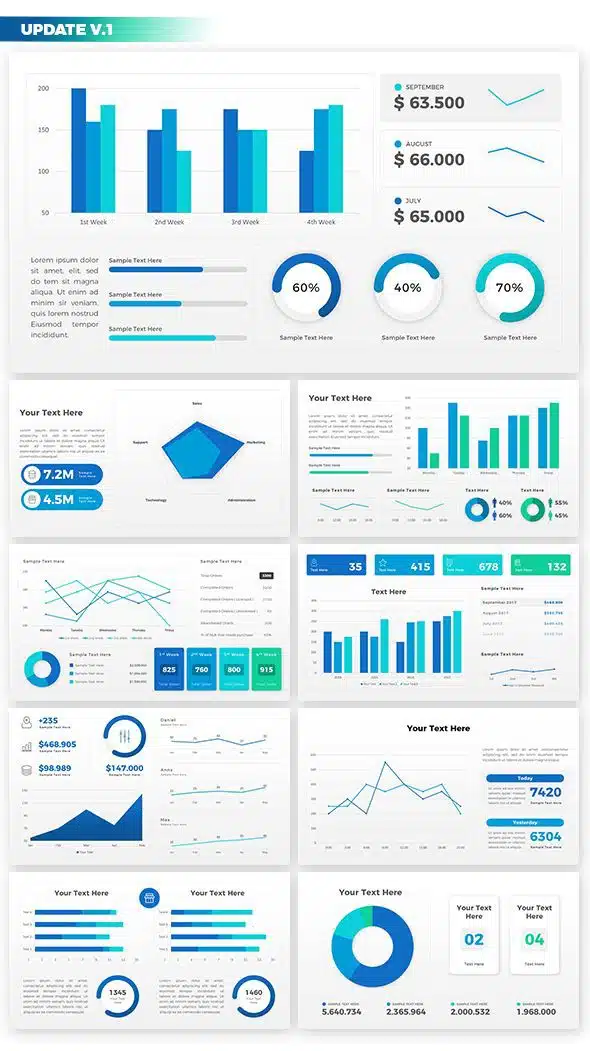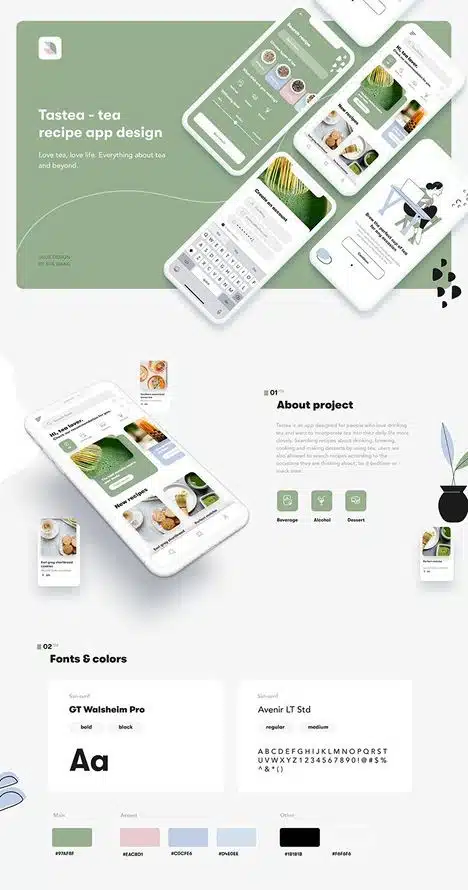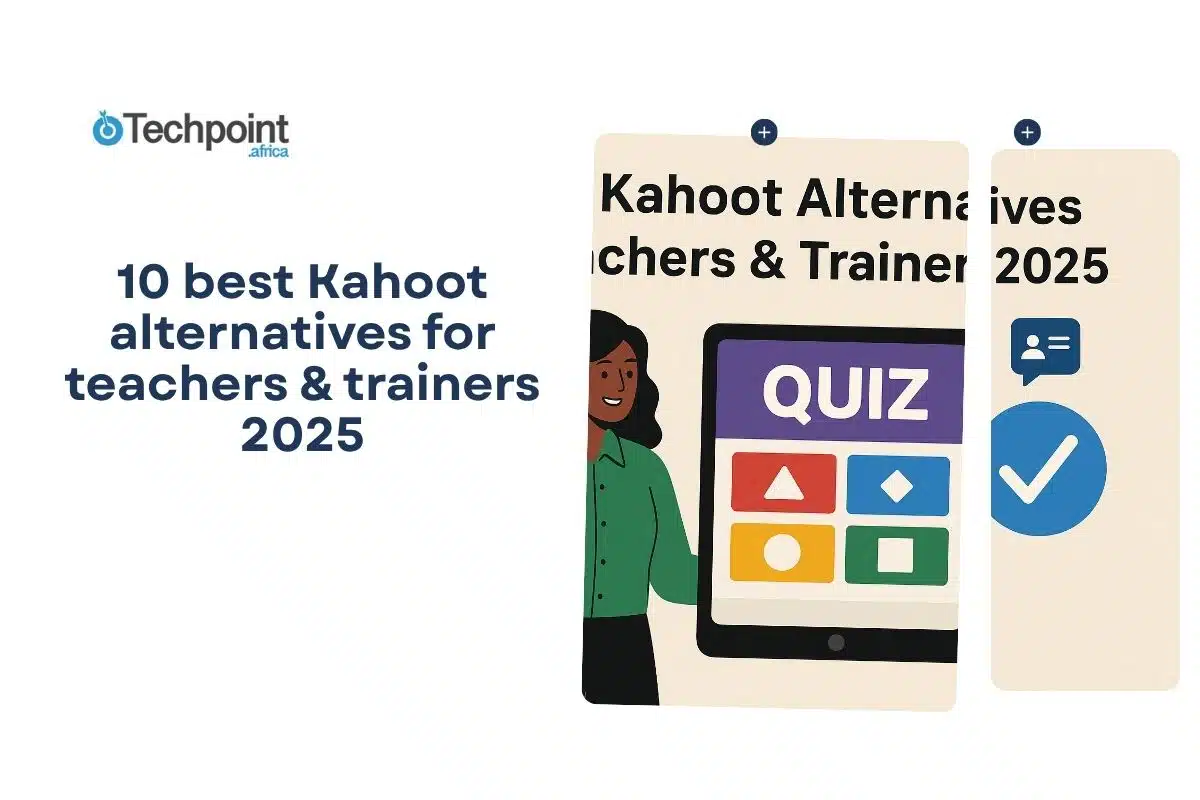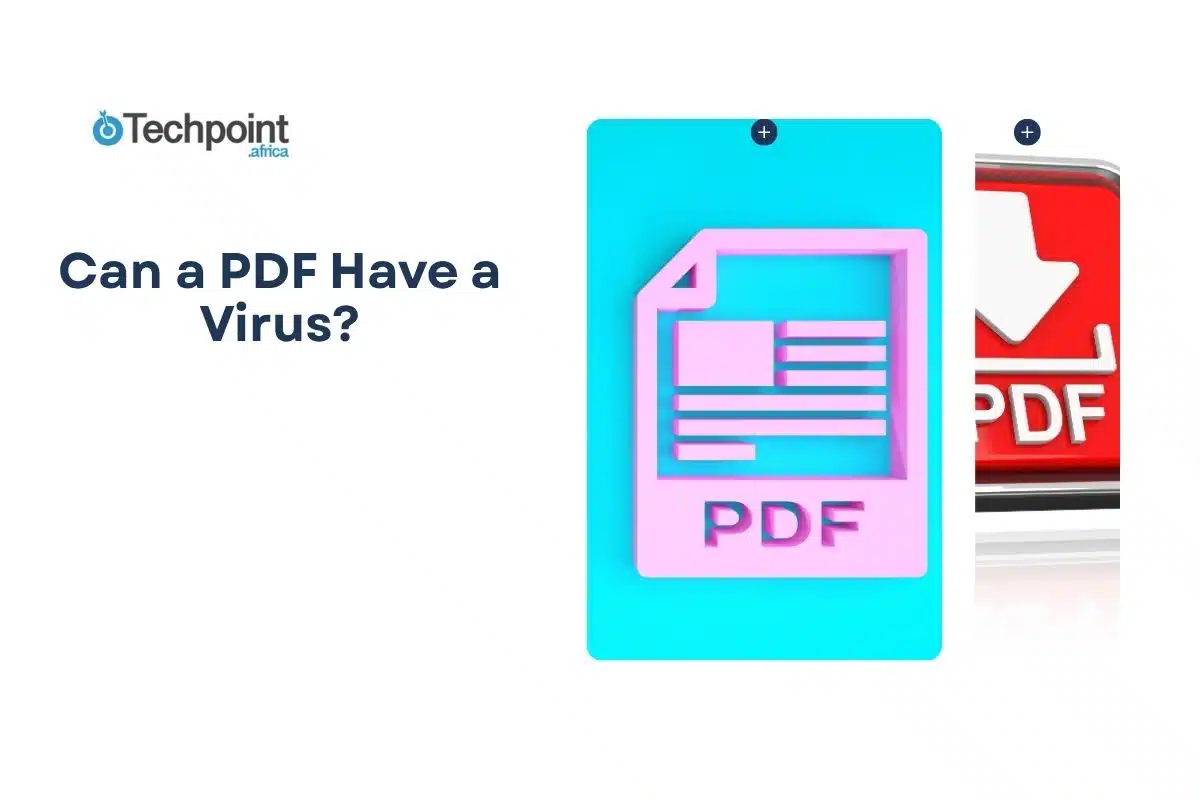If you walked up to people on the street ten years ago and asked, “What does tech mean to you?” most would’ve mentioned coding, apps, or robots. And that made sense. Tech back then was all about automation and programming. If you weren’t a coder, it felt like there wasn’t much room for you in the industry.
But things have changed. A lot. Tech isn’t just for coders anymore. There’s now space for people who have different strengths, whether it’s creativity, communication, design, or strategy. You don’t need to write a single line of code to build a successful tech career.
In 2025, there are loads of tech roles that don’t require coding at all, and they pay well too. We’ve done the homework and found some of the most in-demand ones out there. Here are 6 non-coding tech skills that are making waves right now.
Key takeaways
- You don’t need code skills to thrive in tech anymore. In-demand skills like Project Management, Data Analysis, UX Design, Technical Writing, Digital Marketing, and Cybersecurity offer lucrative opportunities in 2025.
- Assessing your interests and strengths is the surest way to decide which non-coding tech field to pursue.
- Mastering and staying updated on industry-standard tools will set you up for adaptability in the evolving tech field. In other words, never stop seeking knowledge.
6 in-demand tech skills that need no coding
| Top 6 in-demand no-coding tech skills in 2025 | Glassdoor total pay range per year (US) | Glassdoor total pay range per year (UK) |
| Product Management | $104K – $184K | £38K – £65K |
| Data Analysis | $90K – $140K | £29K – £48K |
| User Experience (UX) Design | $96K – $174K | £33K – £58K |
| Digital Marketing | $94K – $167K | £37K – £53K |
| Technical Writing | $70K – $118K | £30K – £49K |
| Cybersecurity | $114K – $203K | £31K – £66K |
1. Product Management

Project management involves leading a team or teams to achieve specific goals within a set timeframe and budget. In tech, this often involves overseeing the development of software, apps, or digital platforms, managing the planning, execution, and delivery of tech products (such as apps or software), and coordinating teams of developers, designers, and other specialists, all while ensuring that projects happen within budget and on schedule.
To qualify as a project manager, you must be good at:
Communication: This ensures information is relayed clearly, expectations are managed at different stages, and team discussions align, especially in tech projects where multiple stakeholders are involved.
Risk Management: The ability to foresee potential issues and develop strategies to mitigate risks is crucial for keeping projects on track.
Time Management: Tech projects usually have strict delivery schedules, so using your best time management skills ensures that milestones are met on time.
The best way to learn project management is through Altschool’s project management program, which offers online learning and a globally recognized certificate. you also have access to scholarships and mentorship programs at AltSchool.
Several certifications can boost your credibility in project management, but two of the most recognized are PMP (Project Management Professional) and PRINCE2 (Projects IN Controlled Environments). PMP focuses on knowledge across various project management areas, while PRINCE2 offers a structured approach to managing projects, emphasizing processes and stages. You can get your PMP certification from the Project Management Institute (PMI) and PRINCE2 from Axelos.
2. Data Analysis

Data analysis involves the collecting, processing, and interpreting of data to uncover valuable information, draw conclusions, and support decision-making.
As an enthusiast, you can start your data analysis journey by learning basic tools like Excel or Google Sheets for data manipulation before moving on to more specialized software like Power BI, Tableau, and Google Data Studio for data visualization. Certifications such as Google Data Analytics or Microsoft’s Data Analyst Associate are excellent goals when starting out in data analysis.
Data analysts in tech sectors often work alongside developers and product managers, providing data-driven insights that help shape product development, marketing strategies, and business decisions.
You can join Altschool’s Data analysis course to learn and get a globally recognized certificate in data analysis
3. User Experience (UX) Design

UX (User Experience) design is all about improving how users interact with websites, apps, and digital products. Even though it requires less writing, Research is also a big part of UX, as designers test their ideas and refine them based on user feedback. Figma, Adobe XD, and Sketch are the top recommended tools for creating wireframes and prototypes during your early learning stages (if you choose to go into this field).
In tech, UX designers work closely with developers and product teams to improve software interfaces, ensuring users can navigate them effortlessly.
You can join altschool’s product design course to learn how to design products and earn a globally recognized certificate.
4. Digital Marketing

A great product is useless if no one knows about it, which is why digital marketing is such an essential skill in the tech industry. Digital marketers use strategies like SEO (Search Engine Optimization), social media, and paid advertising to attract and engage customers. It’s a blend of creativity and analytics, making it a great choice for those who enjoy both.
You’ll work with tools like Google Analytics, SEMrush, and Meta Ads to measure performance and optimize campaigns. Writing blog content, running email marketing campaigns, and managing online ads are some of the mediums digital marketers use to help tech companies grow their audience and reach the right people.
5. Technical Writing

When Tech companies need people who can explain complex ideas clearly and easily, technical writers come in. The most expected technical writing responsibility is to create user manuals, FAQs, documentation, and even internal company guides to help teams and customers navigate software, systems, or products.
While strong writing skills are more important than technical expertise in this field, understanding industry jargon is non-negotiable. You would use tools like Google Docs, Notion, and Markdown for task execution as a technical writer. If you enjoy writing and breaking down complicated topics into simple, graspable steps, technical writing would be a rewarding tech career for you.
6. Cybersecurity

As more businesses move online, cybersecurity continues to be one of the most in-demand tech careers.
With cyber threats becoming more advanced, companies need cybersecurity professionals to protect their systems and data. This field focuses on identifying vulnerabilities, preventing cyberattacks, and ensuring online security. If you’re detail-oriented and enjoy solving problems, then cybersecurity is really worth considering.
Popular tools in this field include firewalls, Wireshark, and Kali Linux, which help monitor and prevent security breaches. Certifications like CompTIA Security+ or Certified Ethical Hacker (CEH) can also give you an edge in the job market.
Now, let’s talk about why these non-coding tech skills are worth your time and attention.
Benefits of non-coding tech skills
1. Diverse tech career opportunities
Unlike its counterpart, non-coding tech skills open doors to various roles without boxing you into a corner that requires high programming expertise. The 6 roles mentioned above guarantee tech career diversity in great ways, with the most diverse being Project Management. Training to become a project manager means you can work in almost any field since no industry can support and achieve goals in respective departments without a manager to oversee teams and ensure projects run smoothly.
Similarly, UX Designers create user-friendly interfaces for all sorts of apps and websites. For example, a freelance UX Designer can create interfaces for 3 different companies niched in health, hospitality, or e-learning endeavors.
And so it follows for Data Analysts who can interpret data to help different businesses make informed decisions, Technical Writers who simplify complex information into easy-to-understand documentation, and Cybersecurity Specialists who are responsible for protecting organizations from online threats.
These roles prove that tech isn’t solely coding; instead, it’s more about solving problems creatively and collaboratively.
2. Potential for high earnings and career growth
Non-coding tech jobs often come with competitive salaries. According to a Glassdoor 2025 Report, “the estimated total pay for a Technical Writer is $90,265 per year in the US area, with an average salary of $81,620 per year.” In Lagos, Nigeria, Africa’s most commercial city, the estimated total pay for a Technical Writer is NGN 206,250 per month, with an average salary of NGN 200,000 per month.
Another associated perk with non-coding tech skills has to be its room for advancement. It’s so much so that no matter how technology evolves, these roles remain needed and not crushed, ensuring steady career growth for professionals who invested in learning and mastering these skills.
For instance, Data analysts and cybersecurity professionals will always be essential in industries for their data-driven decisions and digital security services.
3. Flexibility and applicability across various sectors
Apart from their diversity, one of the best things about non-coding tech skills is their flexibility. This feature allows you to apply your skills across many sectors and occasionally align them with your interests. This helps you achieve career fulfillment, a state of flow that many employees seek years into working a particular role.
To illustrate:
Data analysis can enhance retail marketing strategies and give accurate information in a research proposal.
UX design improves customer experiences in e-commerce since graphics make customers resonate with information.
Cybersecurity protects sensitive information in healthcare, financial organizations, and other high-asset companies.
But how do you know which non-coding tech skills are the right fit?
How to get started in your non-coding tech career
1. Assess your interests and strengths
Did you know the SWOT analysis isn’t only an evaluator of a brand’s competitive stats but one that works wonders when choosing or setting career trajectories for yourself?
Here’s how it plays out.
Ideally, when applying the SWOT technique in assessing yourself, the “S,” which stands for Strength, would represent tasks that you do maximally well; the “W,” for weakness, will make up trial tasks you struggle to get done; the “O,” for Opportunities, points at channels available to improve on those tasks; and finally, “T,” the Threat, will represent the obstacles that eliminate those opportunities.
Knowing your swot personality helps trim out wasted learning and struggling practice hours. For instance, if you can explain complex context better with words but struggle to curate basic design, then you wouldn’t consider learning UX design but Technical Writing.
2. Explore educational resources
Since knowing and eventually mastering things begins with learning, the second step boils down to acquiring quality know-how. This can happen within the four corners of a lecture room through self-tutor routes, YouTube videos, mentoring, and online educational platforms. So far, online platforms have topped as the most utilized learning medium for tech courses.
Here is a list of several channels (both paid and free) that you should check out for updated resources for these 6 in-demand no-coding tech skills:
Digital Marketing
Over the years, HubSpot Academy has run free digital marketing programs in SEO, content marketing, email marketing, etc, where participants get 2-3 valid span certifications after passing each coursework.
Top YouTube Channels to learn Digital Marketing:
- Neil Patel is a digital marketing guru whose channel guarantees you learn digital marketing in 5 minutes!
- Gary Vee is a serial entrepreneur, content creator, CEO, and marketer who mixes insightful nuggets with practical social media growth strategies.
- HubSpot Marketing is a YouTube channel that has established itself as a reputable authority on content marketing, SEO, email marketing, inbound marketing, and social media strategies.
- Adam Erhart, a marketing expert, runs this channel to inform subscribers about effective digital marketing techniques, branding, and business growth.
- Marketing 360 is an integration that allows you to access the best marketing channels from an ordered interface.
Data Analysis
For data analysis training, visit AltSchool Africa, Datacamp, edX, Coursera, and Google Data Analytics to get started.
YouTube channels that make learning Data Analysis easy
- Alex The Analyst provides beginner-friendly tutorials on Excel, SQL, and Python.
- Ken Jee educates on data science career tips and technical skills in his channel.
- Codebasics teaches data analytics, data science, simplistic technology, and AI.
Cybersecurity
AltSchool Africa, Cybrary, Coursera, Udemy, and edx train newbie participants in cybersecurity courses.
Channels to learn Cybersecurity on YouTube
- The Cyber Mentor has been on the scene since 2018 with an entire catalog of the most practical cybersecurity courses.
- Professor Messer’s YouTube tutorials break down the steps for passing CompTIA A+, Network+, and Security+ certifications.
- Cybersecurity TV gives updates on current trends in cybersecurity for beginner and seasoned individuals.
User Experience (UX) Design
For UX design, AltSchool Africa, Designlab, Coursera Udemy, Uxcel, and Memorisely are at the top of the recommendation list.
Where to Learn UX Design on YouTube
- Titled Caler Edwards, this channel has proven to be an excellent place for 226K subscribers to learn and get inspired by UI/UX design.
- Recognized as a “highly innovative, passionate and successful senior UI/UX designer with high proficiencies in Visual UI design and user experience,” Milk Locke YouTube channel boasts an impressive number of 116K subscribers with over 415 videos released since 2009.
- UX Mastery is a home for UXers who aim to get started and better.
Technical Writing
Alison, Technical Writer HQ, Coursera, and Udemy are top online learning platforms considered good for technical writing.
The best YouTube channels for mastering Technical Writing
- Technical Writer HQ covers technical writing skills and tools.
- Cherryleaf offers insights into technical communication best practices.
- Write the Docs is a community-driven channel with practical writing tips.
Project Management
AltSchool Africa, PMI (Project Management Institute), LinkedIn Learning, and specialized programs like the Google Project Management Certificate are great places to kick off your tech Project management career.
Must-Watch YouTube channels for Project Management beginners
- Chris Croft promises lessons in time management, project management, leadership, and negotiation.
- IT Project Managers teach practical project management courses that thrive in real-world applications.
- Adriana Girdler channels help apprentice and professional project managers manage projects without chaos.
- Association for Project Management (APM) is a chartered membership organization for project professionals.
If you’re riding the self-tutor routes, do this:
- Attend and network at tech webinars and conferences.
- Follow industry experts on social media.
- Read books that cover topics in the field you choose.
3. Gain practical experience through personal projects and internships
After learning, the next logical thing to do is to practice.
To achieve this, you could apply for and send cold pitches for internship roles in companies that are dedicated to talent growth. But if an offer letter takes too long to come due to rejections, then start personal projects.
While the disadvantages of personal projects span from output inconsistencies due to the absence of an expert supervisor. When done with perseverance, a tremendous personal project work track will communicate your self-reliance and adaptability to recruiters.
So,
Now that you know that breaking into the tech industry doesn’t always require coding, and there are plenty of high-demand roles where skills like project management, data analysis, UX design, technical writing, digital marketing, and cybersecurity are just as valuable, the next big step is evaluating your SWOT personality to identify which path aligns with your interest and career goals.
However, the importance of continuous learning and adaptability even as you settle into your chosen field is an unignorable duty, as one can never know too much in the evolving wheels of tech.
Ready to take the first step? Head on to YouTube University, or enroll in beginner-friendly online learning platforms like AltSchool Africa, Coursera, PMI (Project Management Institute, LinkedIn Learning, Udemy, Designlab, and HubSpot Academy to acquire updated lessons plus certifications that will help you gain expertise in these non-coding tech careers.











